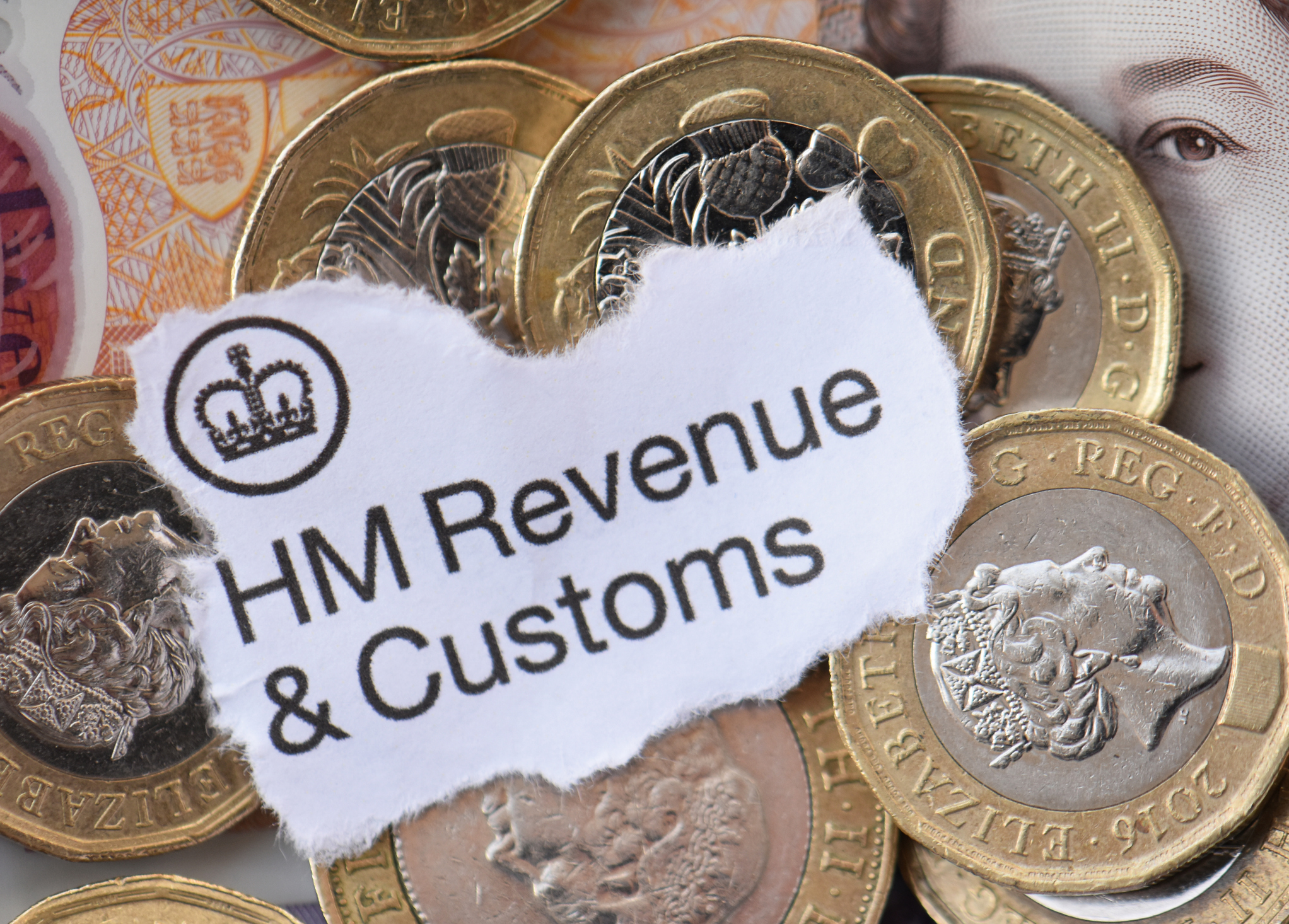HMRC suspects the wealthy underpaid £343m in inheritance tax – how to avoid falling foul of the rules
‘Missing’ inheritance tax is expected to soar as the government aims to raise extra £2 billion through rule changes


Get the latest financial news, insights and expert analysis from our award-winning MoneyWeek team, to help you understand what really matters when it comes to your finances.
You are now subscribed
Your newsletter sign-up was successful
Want to add more newsletters?

Twice daily
MoneyWeek
Get the latest financial news, insights and expert analysis from our award-winning MoneyWeek team, to help you understand what really matters when it comes to your finances.

Four times a week
Look After My Bills
Sign up to our free money-saving newsletter, filled with the latest news and expert advice to help you find the best tips and deals for managing your bills. Start saving today!
HMRC believes up to £343 million in inheritance tax has been underpaid by wealthy taxpayers in the last year, according to new figures, up by £18 million on the previous year.
Lawyers have warned of a looming crackdown following the inheritance tax data for the 2024/25 tax year, which comes from HMRC’s annual report.
The figures for suspected tax avoidance and evasion – known as ‘tax under consideration’ – could increase significantly in future years following inheritance tax rule changes from April 2026, according to TWM Solicitors.
MoneyWeek
Subscribe to MoneyWeek today and get your first six magazine issues absolutely FREE

Sign up to Money Morning
Don't miss the latest investment and personal finances news, market analysis, plus money-saving tips with our free twice-daily newsletter
Don't miss the latest investment and personal finances news, market analysis, plus money-saving tips with our free twice-daily newsletter
Next April sees business property relief and agricultural property relief slashed from 100% – where most farms and family businesses paid zero inheritance tax – to 50% on assets over £1 million, meaning 20% inheritance tax will be due above that cap.
From April 2027, pensions will be newly subject to inheritance tax too. Both rule changes are expected to bring in more inheritance tax for the Treasury.
Laura Walkley, partner and head of private client at TWM Solicitors, said: “Disputes over IHT are likely to become increasingly more common as HMRC increases the scope of assets eligible for inheritance tax, bringing business assets, farms and pensions into the inheritance tax net.”
“HMRC clearly sees underpaid inheritance tax as an area of increasing concern. The penalties that HMRC can impose for tax avoidance and evasion are very substantial so it’s important that IHT calculations are done properly with professional advice,” she added.
Risks of under-reporting inheritance tax
When probates are being undertaken just by friends and family, there can be the temptation to under-report in order to reduce the IHT bill, said Walkley.
Values can be under-reported inadvertently or deliberately, artificially reducing the IHT bill.
“HMRC takes a very dim view of this and can impose heavy fines if these errors are discovered,” she said.
Penalties can be as much as 100% of the extra tax due plus interest – at a rate of 7.75% – from the date the tax was due until the date of payment.
“We are expecting that the number of disputes between taxpayers and HMRC over IHT will increase, partly because of an expected increase in IHT-focused tax investigations from HMRC,” Walkley added.
We look at how to avoid inheritance tax through gifts and other ways to reduce an IHT bill in separate guides.
How to avoid inheritance tax penalties
To avoid inheritance tax penalties, the best protection you have is to report all assets accurately.
HMRC will look for a range of issues when it carries out investigations into suspected underpaid inheritance tax. The kind of things it is looking for include:
Deliberately undervaluing a residential property that is part of an estate
This could be by exaggerating the state of disrepair, basing the value on an out-of-date survey, or incorrectly believing that a “probate valuation” should be lower than the open market value at the date of death.
Failing to declare cash or other valuables in an inheritance tax form
This can include not declaring items such as jewellery or paintings passed on to relatives, for example by a lay executor.
HMRC has also been reported to use a copy of a property’s contents insurance to check for valuable items that may have been omitted from an inheritance tax return.
Claiming a large cash gift was given more than seven years ago, when it was actually more recently
Gifts made more than seven years ago are typically no longer subject to inheritance tax. If HMRC finds out the gift was given much more recently, they will expect the IHT to be paid on it.
Get the latest financial news, insights and expert analysis from our award-winning MoneyWeek team, to help you understand what really matters when it comes to your finances.
Laura Miller is an experienced financial and business journalist. Formerly on staff at the Daily Telegraph, her freelance work now appears in the money pages of all the national newspapers. She endeavours to make money issues easy to understand for everyone, and to do justice to the people who regularly trust her to tell their stories. She lives by the sea in Aberystwyth. You can find her tweeting @thatlaurawrites
-
 Should you buy an active ETF?
Should you buy an active ETF?ETFs are often mischaracterised as passive products, but they can be a convenient way to add active management to your portfolio
-
 Power up your pension before 5 April – easy ways to save before the tax year end
Power up your pension before 5 April – easy ways to save before the tax year endWith the end of the tax year looming, pension savers currently have a window to review and maximise what’s going into their retirement funds – we look at how
